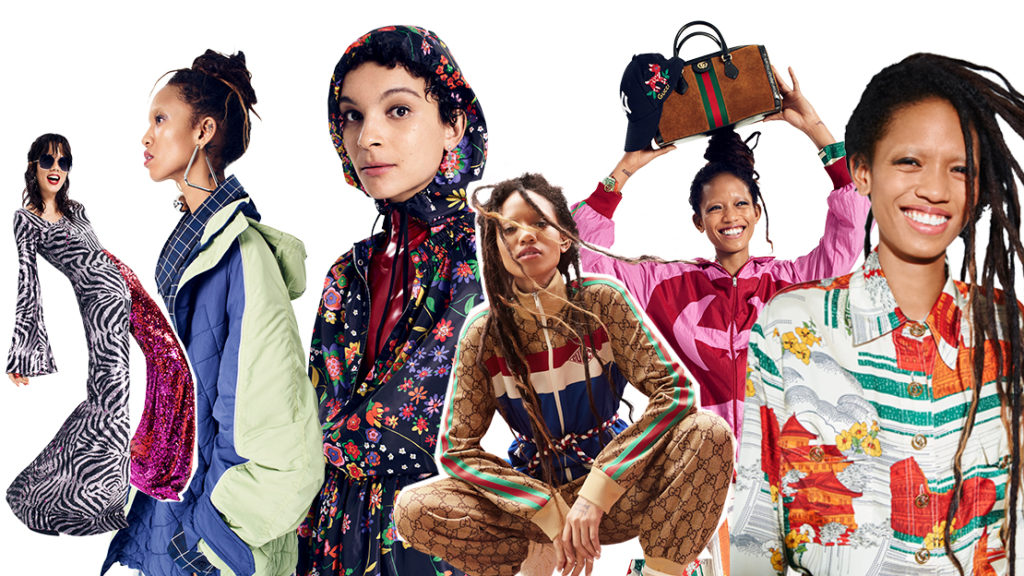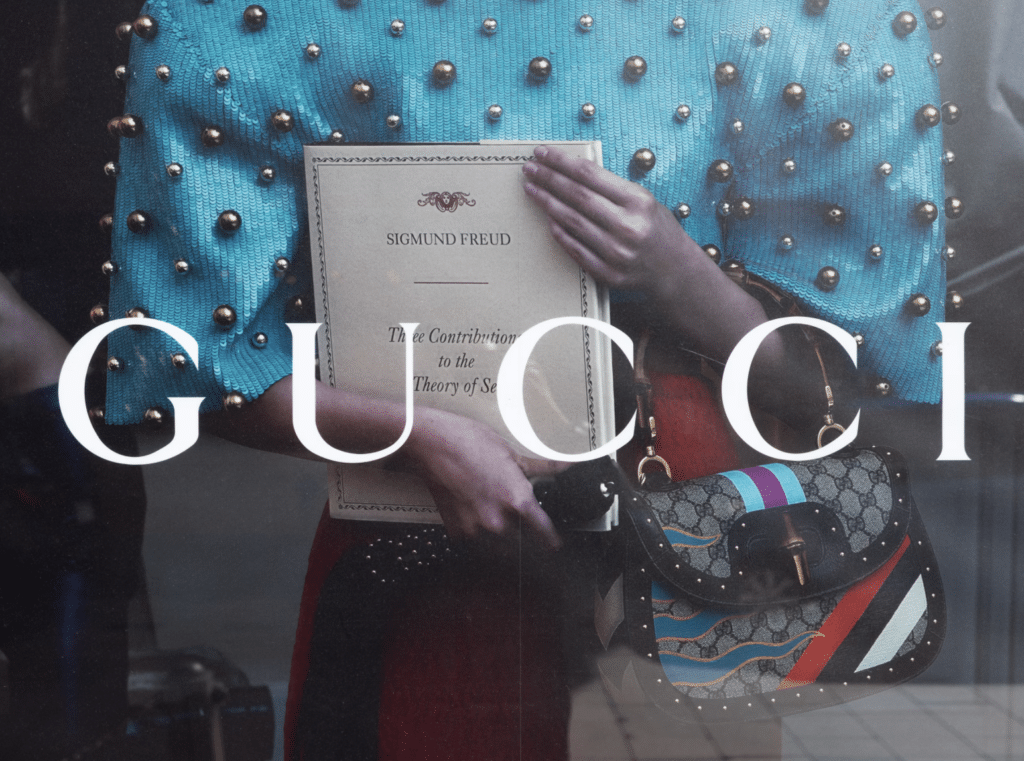Condé Nast is not only in the magazine business, the New York-based media giant maintains an investment portfolio that until recently included Farfetch. While Vogue’s parent company was one of the early investors in the London-based luxury fashion retail platform, the publisher is out, according to the Times, which revealed over the weekend that Condé Nast has “dumped its £234 million ($293 million) stake in Farfetch amid concerns over how the luxury marketplace is being managed.”
Following the March 2019 announcement that Condé Nast chairman Jonathan Newhouse would step down from 10-year old Farfetch’s board, Condé Nast – which injected money into Farfetch during more than one funding round and in 2017, “entered into a commercial partnership that saw [its] titles direct readers towards Farfetch’s website” – is said to have had “concerns about the amount of money Farfetch is spending on marketing.”
Last year, Farfetch – which was founded by Portuguese entrepreneur Jose Neves, alongside of whom Net-a-Porter’s founder Natalie Massenet acts as co-chair – brought in £475 million in sales, up 56 percent from the year prior, but widened its losses to £122.7 million.
Interestingly, the company – which operates as a middleman between boutiques and consumers, taking a whopping 25 percent commission from its boutique partners per sale – has been heavily touted, particularly by Business of Fashion, as one of the most optimally-positioned luxury retailers in the market (especially compared to reigning leader Net-a-Porter in the eyes of BoF) largely due to its ability to avoid the expense of holding stock and potentially have to off-load unsold merchandise at the end of the season. But while Farfetch may be escaping costs in some areas, it appears to be racking them up elsewhere in its model – so significantly that Condé Nast is jumping ship.
This is something that Bloomberg’s Andrea Feldsted predicted in April 2018, questioned – in an article, entitled, Farfetch’s Farfetched Valuation – whether the giant will “really [be able] to crack online luxury retail without becoming a big spender itself.”
As of August 2018, “Farfetch’s cost structure greatly exceeded its gross profit growth in dollar terms,” according to Crunchbase’s Alex Wilhelm, who further noted that “he firm’s ‘selling, general and administrative’ costs grew from $125.8 million in the first half of 2017 to $208.8 million in the first half of 2018. The firm’s resulting ‘loss after tax’ grew from $29.3 million in the first six months of 2017 to $68.4 million in the first six months of 2018.”
More recently, Farfetch reported in connection with its Q1 results in May that its costs were up 40.9% year-over-year – from $64.4 million in first quarter 2018 to $90.8 million in first quarter 2019. The company pointed to “an increased number of orders as well as an increase in cost of goods associated with first-party sales” as the reasons for such an increase.
With such growing costs in mind, Feldsted, quipped, “It is hard to see how [Farfetch’s] investment needs will wind up being as slim as the cigarette pants on its site.” In fact, she claims that Farfetch’s prospective valuation, which relies heavily on “capital-light” model of not holding inventory but instead connecting consumers to third-party stockists and taking a cut of the sale, “might prove to be quite farfetched.”
Even if Conde Nast is pulling out of the Farfetch equation, the media giant – by way of its parent company Advance Publications – still maintains investments in other fashion industry players, including high fashion trunkshow site Moda Operandi (which also boasts LVMH Moët Hennessy Louis Vuitton as a repeat-investor), Rent the Runway, and luxury reseller Vestiaire Collective.
As for Farfetch, which listed on the New York Stock Exchange in September 2018, it attracted a roster of well-connected fashion industry investors, including the currently embattled JD.com; Felix Capital, which has also invested in Goop, Highsnobiety, and BoF, among others; Index Ventures, which has invested in Glossier, BoF, and Grailed; Carmen Busquets, an investor tied to Moda Operandi, BoF, Felix Capital, and Lyst; and of course, Massanet’s fund Imaginary Ventures.














